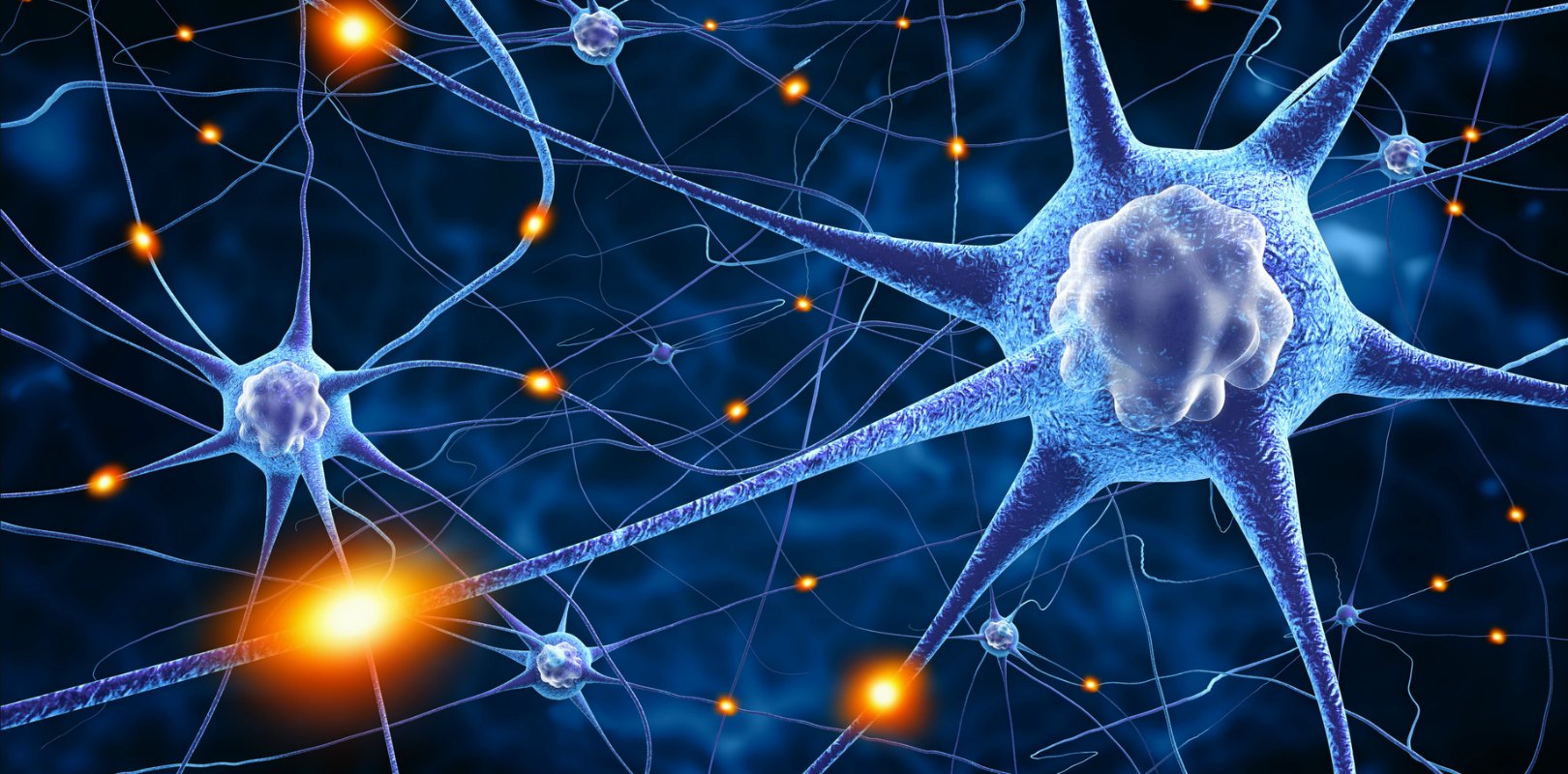In a small study of 36 healthy women, they found that women who regularly consumed beneficial bacteria through yogurt showed modified brain function. Researchers divided the women into 3 groups: one group ate a specific yogurt containing a mix of several probiotics twice a day for 4 weeks, another group consumed a dairy product that looked and tasted like the yogurt but contained no probiotics and a third group ate no product at all. Functional magnetic resonance imaging (fMRI) scans were conducted both before and after the four-week study period, in a state of rest and in response to an emotion-recognition task.
The researchers found that, compared with the women who didn’t consume the probiotic yogurt, those who did showed a decrease in activity in both the insula — which processes and integrates internal body sensations, like those from the gut — and the somatosensory cortex during the emotional reactivity task. Further, in response to the task, these women had a decrease in the engagement of a widespread network in the brain that includes emotion-, cognition- and sensory-related areas. The women in the other two groups showed a stable or increased activity in this network.
During the resting brain scan, the women consuming yogurt showed greater connectivity between a key brainstem region known as the periaqueductal grey and cognition-associated areas of the prefrontal cortex. The women who ate no product at all, on the other hand, showed greater connectivity of the periaqueductal grey to emotion- and sensation-related regions, while the group consuming the non-probiotic dairy product showed results in between.



